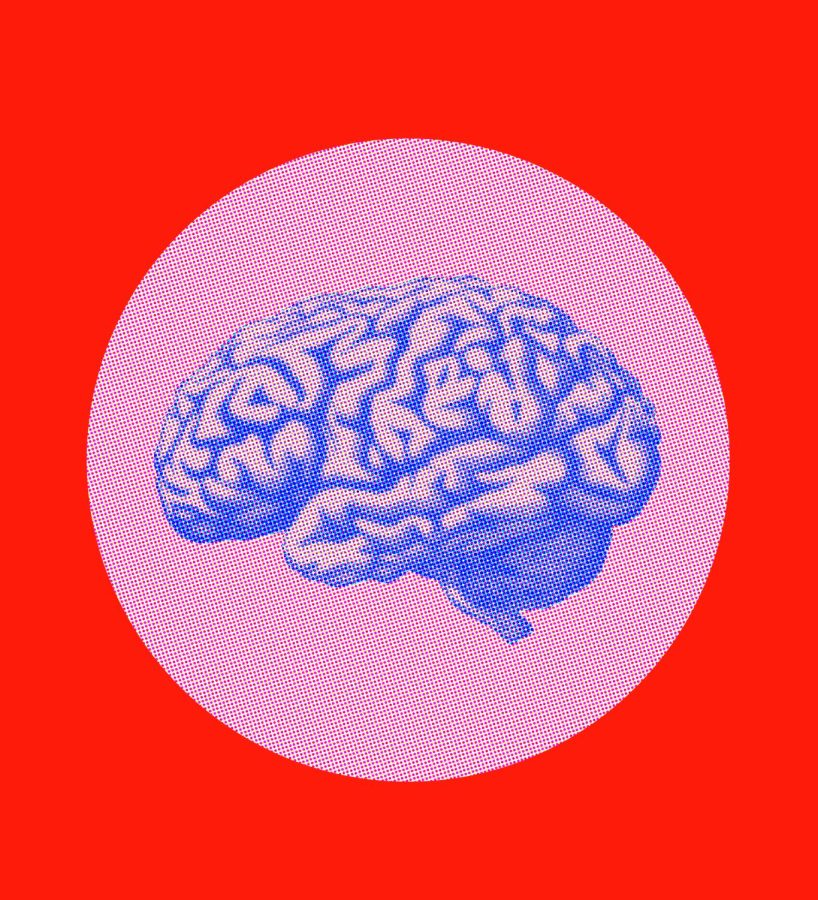Cushman: Expanding Mental Health Options Will Help Students Succeed
(Graphic by Sydney Stam | The Daily Utah Chronicle)
October 1, 2021
A 2019 report from the Utah System of Higher Education showed that many college students sometimes felt lonely and hopeless and nearly 15% of respondents said they had felt suicidal in the last 12 months.
Often, the journey to find the right mental health care to treat these issues involves trial and error, making it largely unattainable to college students in desperate need of these resources.
I have struggled on my own journey to find the right therapist, and I know many people who have faced similar challenges in receiving mental health care. College students deserve accessible mental health resources so that they can find the right treatment to help them live more successful lives.
Despite new, innovative types of therapies becoming more widely available, exploring different therapy options requires a lot of time and money, which college students tend not to have.
Harvard Magazine said that “students today do 3000 things at 150 percent.” Many students have big educational and career goals. We feel the pressure to finish our degrees quickly, join extracurriculars, complete community service and work to support ourselves.
In 2017, the U.S. Department of Education reported that 43% of all full-time undergraduate students and 81% of part-time students were employed while enrolled. These factors, along with those of everyday living, combine to make students stressed. We have so many obligations, making it difficult to invest time into one therapist — let alone into finding the right therapist or exploring other options.
Mental health services can also be incredibly expensive. Specialized therapies can cost $100 to $250 per hour or session, which most students can’t afford thanks to the cost of tuition and other financial responsibilities.
A study of 43,000 college students across the U.S. found that “36% of college students are food insecure, and 36% are in precarious housing situations.” When worrying about your next meal or where to live, mental health takes a back seat. How are we meant to explore treatment to find what works for our individual needs with these circumstances?
Students who struggle to find mental health care often turn to campus resources out of convenience. However, the limited resources at some universities don’t fully allow students to experiment with mental health care options.
In 2019, the University of Utah had roughly 14 counselors for 33,000 students, which drastically limits availability. I could not exceed a certain number of visits with my counselor throughout the semester when I sought counseling during my freshman year of college because of those limitations. Some students can’t make appointments because of limited hours. Spots typically fill up quickly with a student body experiencing high rates of mental health problems.
According to the Suicide Prevention Resource Center, these problems “affect a student’s energy level, concentration, dependability, mental ability, and optimism.” All of that, for obvious reasons, makes it more difficult for students to learn.
The U has a responsibility to ensure that its students have what they need to succeed in their institutions — and that includes mental health resources.
To work toward this goal, the U can partner with community mental healthcare providers at affordable rates. This could lessen some of the time it takes for students to find resources on their own and create clear pathways to affordable off-campus mental health care.
To give students more diverse mental care options, the U should consider offering unique student services on campus. They could introduce safe forums to talk about various issues and give students a space to talk about some shared anxieties.
Other services could include options for specific needs of various mental health conditions. Students could then access more resources to add to their mental health care routines.
Perhaps above all, the U should seriously consider expanding the counseling department to better meet the needs of a large and ever-growing campus. More counselors means expanded hours, which will reach more students. This extra flexibility would make it easier for students to find an affordable, on-campus counselor who works for them.
In the meantime, we should be comfortable prioritizing our mental health with all the pressures we face in college. It’s OK to miss class on a hard day. It’s OK to spend a semester more focused on counseling than extracurriculars. But it’s not OK that the U cannot adequately meet the mental health needs of its students. And that needs to change sooner rather than later.









